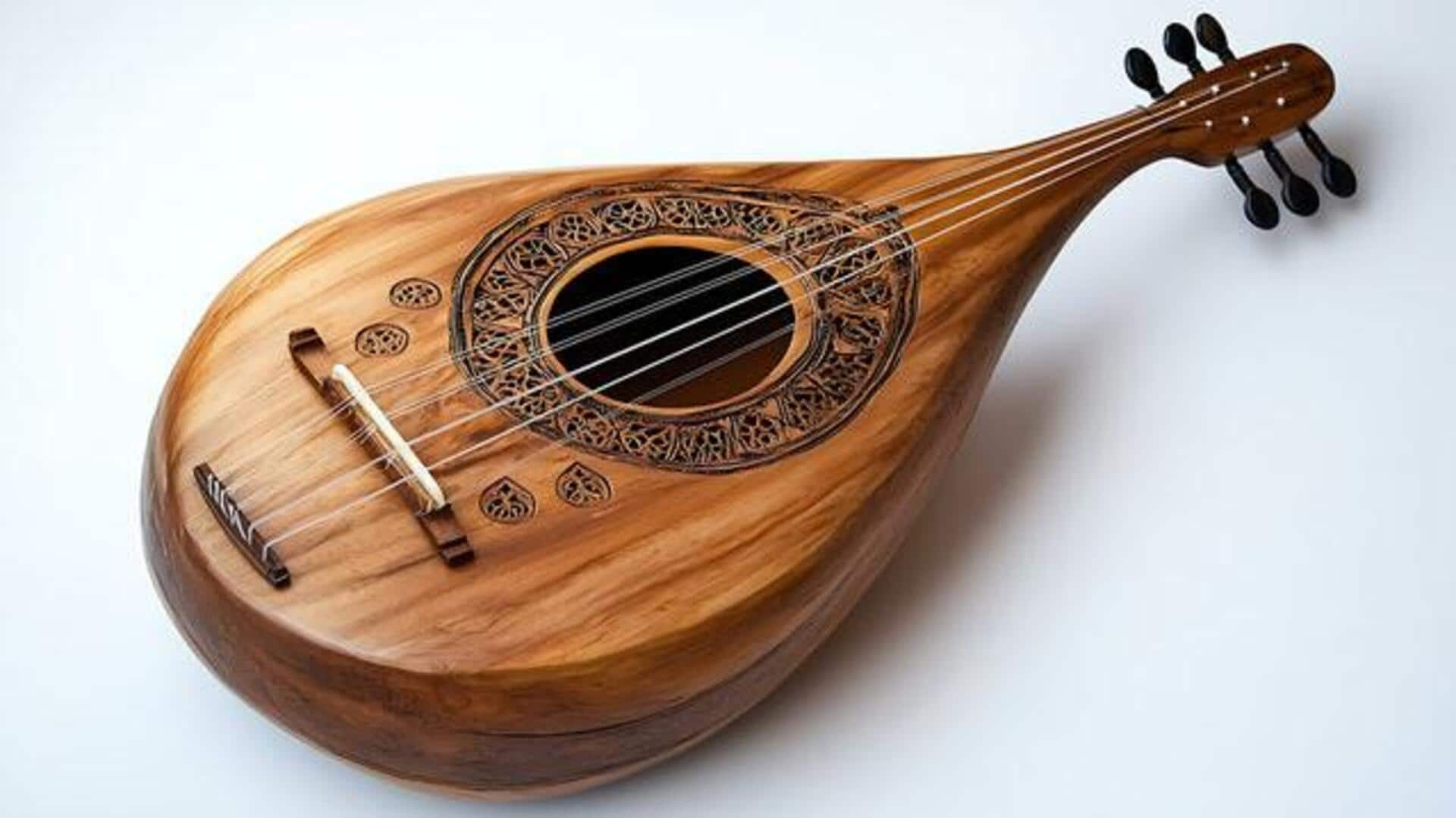
How to craft musical instruments at home
What's the story
African musical instruments are famous for their distinctive sounds and cultural importance. Making these instruments at home can be a rewarding experience, giving you a glimpse into the continent's rich musical heritage. From simple materials, you can create instruments that echo the traditional sounds of Africa. Here are some practical tips to help you craft these instruments, each section focusing on different aspects of the process.
Tip 1
Selecting the right materials
Choosing the right materials is key to crafting authentic African instruments. Bamboo, clay, and alternative materials are commonly used. Bamboo is flexible and durable, clay can be molded into various shapes, and alternative materials provide the perfect surface for percussion instruments. Make sure the materials are locally sourced to keep the process sustainable and connected to traditional practices.
Tip 2
Understanding instrument designs
Familiarize yourself with the designs of various African instruments like the kalimba or mbira, djembe, and kora. Each instrument has its own design requirements that affect its sound quality and playability. Study these designs carefully before starting your project to ensure accuracy in shape, size, and construction techniques.
Tip 3
Mastering construction techniques
Construction techniques vary from instrument to instrument but often include carving, shaping, and assembling parts together. For stringed instruments like the kora or ngoni, learn how to properly tension strings for optimal sound production. Percussion instruments like djembes require precise skin stretching techniques for desired tonal qualities.
Tip 4
Incorporating cultural elements
Incorporating cultural elements into your instrument adds authenticity and depth to its creation process. This could mean adding traditional carvings or patterns that are significant to specific African cultures. Researching these cultural aspects will give you a better understanding of their significance in music-making traditions across the continent.